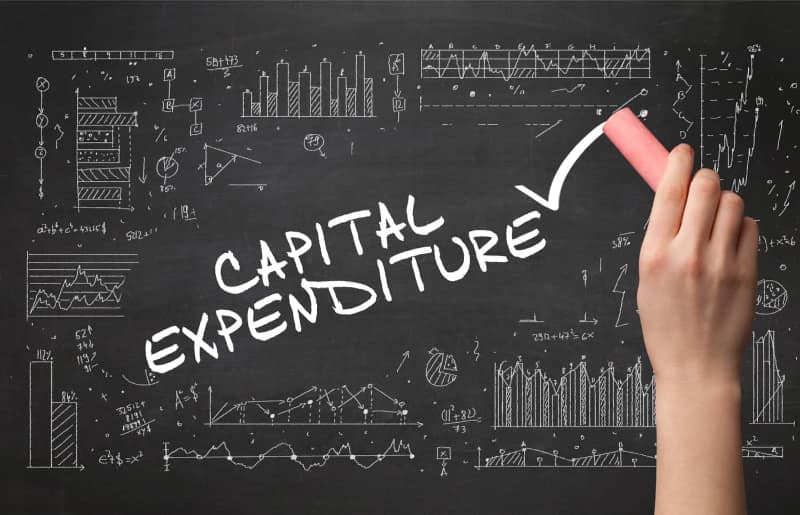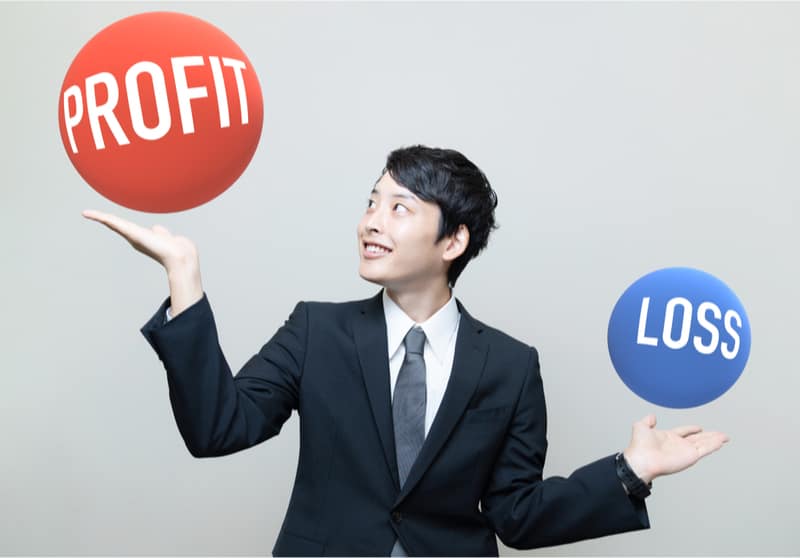Most business owners understand that it is important to ‘capitalise’ certain company assets. These ‘fixed assets’ can be used to reduce your corporation tax bill. However in April 2021, the Government increased the usual 100% deduction to 130% until April 2023. Read on to find out how you could benefit from this increase.
What is a super deduction?
 Over the years, successive governments try to find ways to incentivise industry or stimulate areas of business. This is especially true during troubled times, such as the financial crisis of 2008 and more recently the problems brought on by the Covid pandemic.
Over the years, successive governments try to find ways to incentivise industry or stimulate areas of business. This is especially true during troubled times, such as the financial crisis of 2008 and more recently the problems brought on by the Covid pandemic.
Reducing broad ranging tax rates, such as reducing corporation tax, VAT, capital gains, etc, introduce problems of their own, most often political, as they can appear to favour selective groups in society, so governments look for more niche methods to achieve their aims. The ‘super deduction’ is one of them, as this applies purely to businesses that qualify for corporation tax. It’s also limited in its range, as it can only be applied to new plant and machinery that ordinarily qualify for the 18% main pool rate of writing down allowances.
How does this affect the Annual Investment Allowance?
Essentially, it compliments it. Since January 1 2019, companies have been able to annually invest up £1 million in qualifying assets, these already benefit from 100% relief. This is known as the ‘Annual Investment Allowance’. Prior to 2019, the AIA was set at £200,000.
The £1 million limit has been extended to March 31 2023. The Introduction of an extra 30% deduction is, therefore, a most attractive additional incentive for owners to invest in their businesses – or even start new ones.
What is the SR Allowance that was also announced?
Along with the Super Deduction, the Government also introduced the SR Allowance.
Not all purchases can qualify for the super deduction, such as those that qualify for the 6% write down allowance rate – typically long life assets such as those associated with buildings and property. To incentivise this industry, the Government has introduced a ‘special rate for first year allowance’ – the SR allowance. This affords new plant or machinery in this bracket with a 50% first year allowance.
What businesses qualify for Super Deduction?
This benefit is only available to those entities who qualify for corporation tax. In other words, it is not applicable to those in business as individuals, sole traders, or partnerships.
What purchases qualify for the Super Deduction?
There are a wide range of asset types that can take advantage of the SD beyond the most obvious forms of fixed assets, such as computers, IT systems, manufacturing equipment and the like. In short, most purchases that contribute to the operation and functioning of your business should be treated as an asset, rather than an expense, and capitalised accordingly.
However, there are other less obvious expenditures that can close be capitalised and gain SD relief. The most common of these include:
Development costs: Under FRS 102 costs associated with bringing a system into working condition, such as those attributed to the development, can be classified as tangible fixed assets. For example, developing a new website or piece of software, could be treated as such and gain the SD allowance benefit.
Borrowing costs: When developing a new product or building a new manufacturing plant or product line, a business may be required to finance the operation. The costs of borrowing may be capitalised.
Hire purchase: Assets on hire purchase or similar purchase contracts where possession rather than ownership passes to the business can also benefit from super deduction, but only at the point where the asset began use.
The most obvious test of applying the SD benefit is that the purchased plant or machinery needs to be new and not second hand. Also, you cannot decide to capitalise something bough in prior accounting periods just to take advantage of the SD.
What happens if I don’t make a profit, can I still apply the Super Deduction?
 Yes. Not all businesses make a profit each year. Indeed, some businesses may choose to capitalise equipment porches in a financial year specifically to reduce their tax bill to zero – typically smaller businesses. If you make a loss in a year where capital purchases were made, you may carry any unused deductions forward to use as losses.
Yes. Not all businesses make a profit each year. Indeed, some businesses may choose to capitalise equipment porches in a financial year specifically to reduce their tax bill to zero – typically smaller businesses. If you make a loss in a year where capital purchases were made, you may carry any unused deductions forward to use as losses.
Selling an asset that qualified for Super Deduction
It may enter the minds of some that as the government is giving away an extra 30% in the form of a tax deduction, which is true, if they quickly sold the purchase, they may benefit further. Also, there are legitimate reasons why a firm may have to sell assets that benefited from the SD. So what happens and how is this accounted for?
Naturally, the Government is going to want their ‘pound of flesh’ in this instance. You will need to carefully track any asset that benefited from the SD, so when it comes to selling the correct treatment can be applied.
The first thing to note is that if the disposal of an SD qualifying asset is before April 1 2023, its disposal value is 1.3 times the actual disposal value. This income should then be treated as taxable profits and not allocated to ‘pools’.
Read more about the government’s super deduction scheme here.
Is this a good time to start a business?
This may indeed be a good time to start a new business if that business is going to need significant investment in new capital equipment. Furthermore, if your established business is an entity in the form of a sole-proprietorship or partnership and you are looking to grow, this may be a good time to incorporate.
Talk to Tax Agility about how your business can take advantage of the super deduction scheme.
Tax Agility are chartered tax accountants operating in the Richmond, Putney and Wimbledon area. We specialise in assisting small and medium sized businesses navigate the complexities of company taxation. Our goal is to ensure your business is as tax efficient as possible and to effectively exploit incentives such as the super deduction scheme.
Why not call us today on 020 8108 0090and discuss how we can help take your business to the next level of tax efficiency.
